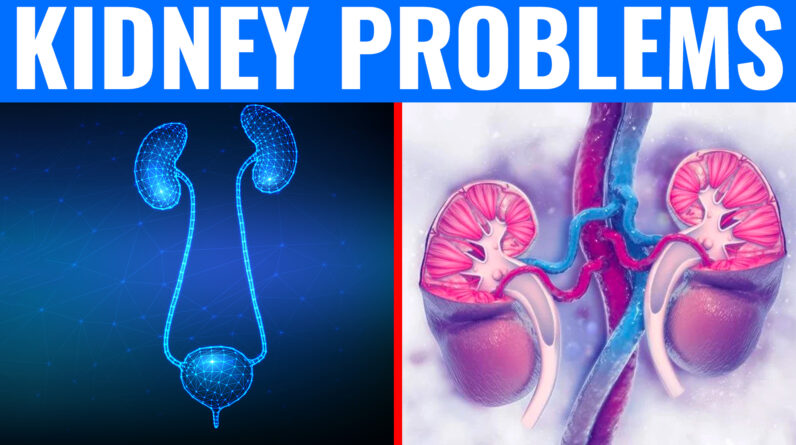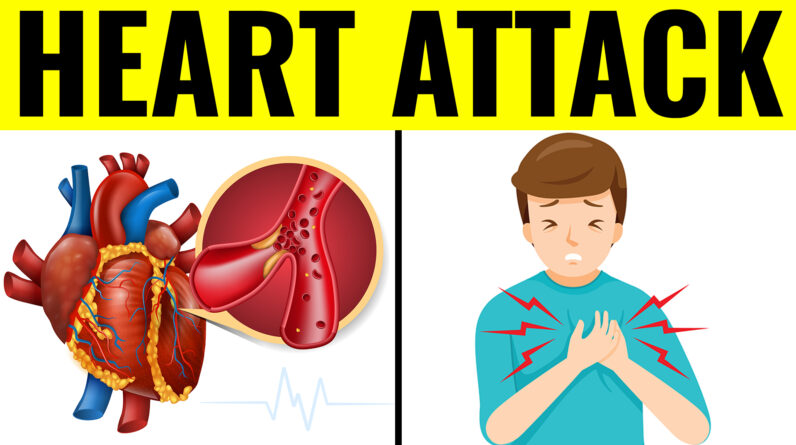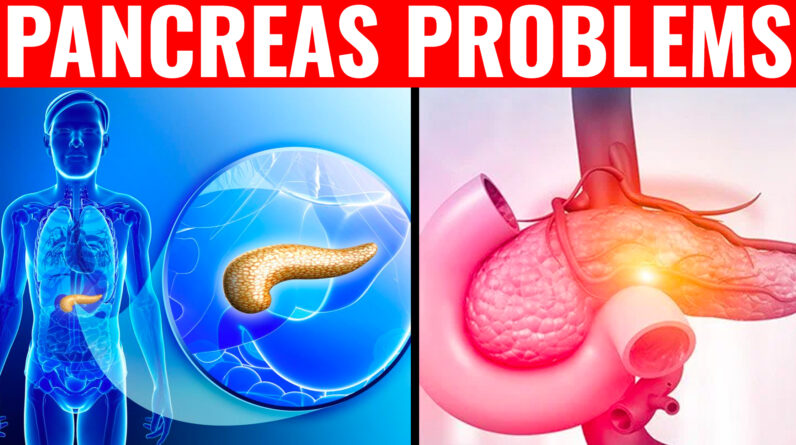
The National Kidney Foundation says that more than 37 million Americans have some kind of kidney disease. But unfortunately, many of them do not know that they do. And the reason for this is that kidney disease doesn’t really show signs until it is in very late stages. But even when it does, because some of those symptoms could be significant for a number of other illnesses, kidney disease is hardly ever considered.
So, in this article, we’ll be looking at some possible signs of kidney disease. If you are experiencing one or more of these signs, you might want to get tested to rule out kidney disease. Let’s get cracking.
#1 – Feeling of Tiredness and Weakness
When kidney function drops, toxins and impurities will build up in the blood, causing people to feel tired and weak, and also making it difficult to concentrate. Another likely reason that kidney disease could make one weak and find it difficult to concentrate is anemia.
Anemia is a condition where the human body doesn’t have enough red blood cells; something that could happen if the kidneys are not performing up to standard. The kidneys are responsible for something called EPO which, in turn, is responsible for maintaining a healthy red blood cell count. So, if the kidneys are not performing up to par, EPO levels will be low, and if EPO levels are low, red blood cell count will also be low, which is basically what anemia is.
Now, because those red blood cells are necessary for carrying oxygen to the different parts of the body where they are needed, and considering that the brain is one of those parts, anemia could make it difficult to concentrate or even think because the brain is not getting enough oxygen.
With the other body parts not getting their oxygen either, one could start to feel really fatigued for no apparent reason. Anemia could also make you feel cold even when the room is warm and every other person is warm.
#2 – Insomnia
Aside from anemia and its attendant issues, kidney disease could also make it difficult for one to fall asleep. And this is because with the kidneys not filtering the blood properly, toxins that would have otherwise been flushed out of the body through urine, build up in the blood. Having these toxins freely move around the body could result in sleep apnea.
#3 – Dizziness
Now, while kidney disease could make it difficult for one to fall asleep, it could also make one feel quite dizzy. And this is because of the lack of oxygen getting to the brain.
Shortness of breath could also be the result of kidney disease. This could be because extra fluid that should have come out as urine has built up in the lungs, or because anemia has left the body oxygen-starved. Either of these scenarios could lead to shortness of breath even when you only exerted little effort.
#4 – Irregular Urination
Frequent and infrequent urination are both significant signs of kidney disease. And this is because they are both directly related to the kidneys’ ability to do their jobs. The primary function of the kidneys is to filter the blood and create urine to pass out the waste. If the kidneys are not doing what they are meant to do, the body could either produce too much urine or not enough urine.
Sometimes, you might just get an incessant urge to pee but nothing much comes out when you actually go. And at other times, you might find yourself having to wake up in the middle of the night to go number 1.
Protein in your urine is another sign of kidney disease and it could be significant for the fact that the kidneys are not filtering properly. Now with the body leaking all that protein, your eyes and even your entire face would start to get quite puffy.
Foamy urine, especially the kind that has to be flushed several times, is also a sign that there is protein in your urine, indicating that the kidneys are not performing optimally.
#5 – Dry and Itchy Skin
Dry and itchy skin is another sign of kidney disease and there are two reasons for this. One, it could be because the body is losing too much fluid, fluid that could have kept the skin moisturized. Or two, it could be because of an imbalance in minerals in the blood. It’s the kidneys’ duty to ensure a balance of minerals, so if the kidneys are not working optimally, it could make the skin quite dry and itchy.
#6 – Bad Breath
Ammonia breath is another telling sign of kidney disease. For those who don’t know what ammonia smells like, think urine or fish. And the reason one’s breath can smell like that is because of a build-up of wastes in the blood. One might find themselves having to constantly brush their teeth to get rid of the smell.
#7 – Blood in Urine
Someone with kidney problems might also find blood in their urine and this is because the kidneys are doing a bad job of keeping the blood cells in the body when they filter the blood. So, instead of just urine coming out when you pee, some blood might also leak out. Bloody urine may come out as brown or red. But it could be indicative of other issues too including an infection, kidney stones, or a tumor.
#8 – Nausea
If the kidneys are not doing their job of filtering the blood properly, waste and toxins would build up the blood, making one feel nauseous and even actually vomit. This build up of waste and toxins in the blood could also make it difficult for one to eat as one might not have appetite. And then finally, because decreased kidney function results in a buildup of sodium in the body, the feet and ankles could get quite swollen.
That said, it is important to note that most of these symptoms, if not all, could be significant for other related and unrelated diseases. So, if you are experiencing one or more of these symptoms, the best thing you can do for yourself is to set up an appointment with your doctor as soon as possible.
Unfortunately, kidney problems can be caused by quite a lot of factors. One of the primary cause factors is a sudden loss of blood flow to the kidneys which, in turn, could be caused by conditions including a heart attack, other heart diseases, a severe burn, or an allergic reaction.
Another factor is problems with urine elimination, which, in turn, could be caused by kidney stones, damage to the bladder nerves, an enlarged prostate, or certain cancers including prostate, cervical, bladder, and colon.
Whatever the cause, though, you should know that there are no home tests or remedies for kidney disease. Also, early detection is very key. So, if you are experiencing one or more of the symptoms that have been listed in this article, or you know someone who is, you or that person should set up a doctor’s appointment as soon as possible.







